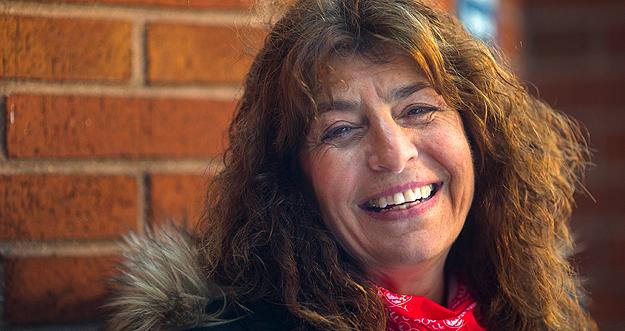The Power to heal

The history of the United States can be told in many ways. It depends upon where one sits in the social structures of our society.
How many times do we witness an event, only to see it reported very differently?
Or, have a meeting of the minds conversation, only to discover that the other person believes we had a fierce argument?
Or, maybe we were pressured to accept someone else’s interpretation of events, someone with more power...
Expand that experience: consider that much of what we were told about our country, neighborhood, family, jobs…may not be true, or at least may be severely distorted.
How do we know who or what to believe; how do we separate fact from fiction?
It is said that history is written by the victors. Whomever survives gets to tell the story. More often than not, we get only one perspective on phenomena if we’re not there to see for ourselves. More disturbing is the fact that even when we know something to be true, we can be convinced that we’re wrong. Is it because we don’t stop to reflect, analyze, take a step back?
Nurses do such a good job with our patients. When something doesn’t “feel” right, we react. How many times do we say to a provider: “I don’t like the way she looks, the way he’s breathing, her mental status is off, he is very uncomfortable,” and so on. 90% of the time we’re correct. These assessments are based on experience, the ability to purse together knowledge, and careful observation of subtle signs. But we take command of the situation and intervene, often saving lives as we do so.
We do that because we recognize the power derived from our skills, as well as our responsibility to respond, and take action. But nurses, like many people, don’t recognize the other power we have: the power to recognize fiction from fact, whether it’s something the boss says, our elected leaders say, or something we read in an article, see on television or read in a book. We allow ourselves to feel powerless in matters of politics or contradictions in our society. Because to recognize the truth would require us to investigate further, to take action, to organize, to take on those we perceive to have more power than the rest of us. To move out of our comfort zones.
Black History Month exists because the history of African Americans in this country was largely left out of the history books, the books written in the perspective of those in power. We as a nation have been robbed of our history! The contributions and the trials and tribulations of people of color, of women, of many immigrant groups, of the labor movement itself—are missing pages in textbooks or worse, terribly distorted stories.
Ours is a nation of so many people, languages, experiences, features, cultures and perspectives. What should be a cause for sharing and celebration has been mutilated by fear, polarization, xenophobia, mistrust, and a willingness to believe one conspiracy theory after another. Technology, which should exist to make life easier, is often used to further alienate us from our work and from one another. Our planet faces an existential crisis with human-induced climate change, causing permanent damage to our ecosystems and world.
Many say this is the most important organizing and election year of our lives. We have the power to change the trajectory, to make demands of our leaders, to heal our planet and our people. Nurses and caregivers have the power to heal, to help our patients recover, or to enter new phases in their lives with support, confidence and accomplishment. We walk families through the joys of birth, the challenges of major life changes, the traumas of illness and injury, the acceptance of death. We touch human beings in ways that open new doors and awaken buried dreams.
Changing society is not that different. Recognizing that we have the power to do so, collectively, with others, is the hard part. Breaking down the barriers that divide us from one another, that isolate us in our little boxes, that alienate us, requires the same commitment and confidence that allows us to work our magic with our patients. Waking up to the common humanity, the threads that bind us to one another, our coworkers, neighbors, folks in the next town—this is what liberates us, what allows us to believe a better world is possible.
We, who have the power to heal a patient, possess the collective power to heal a nation.